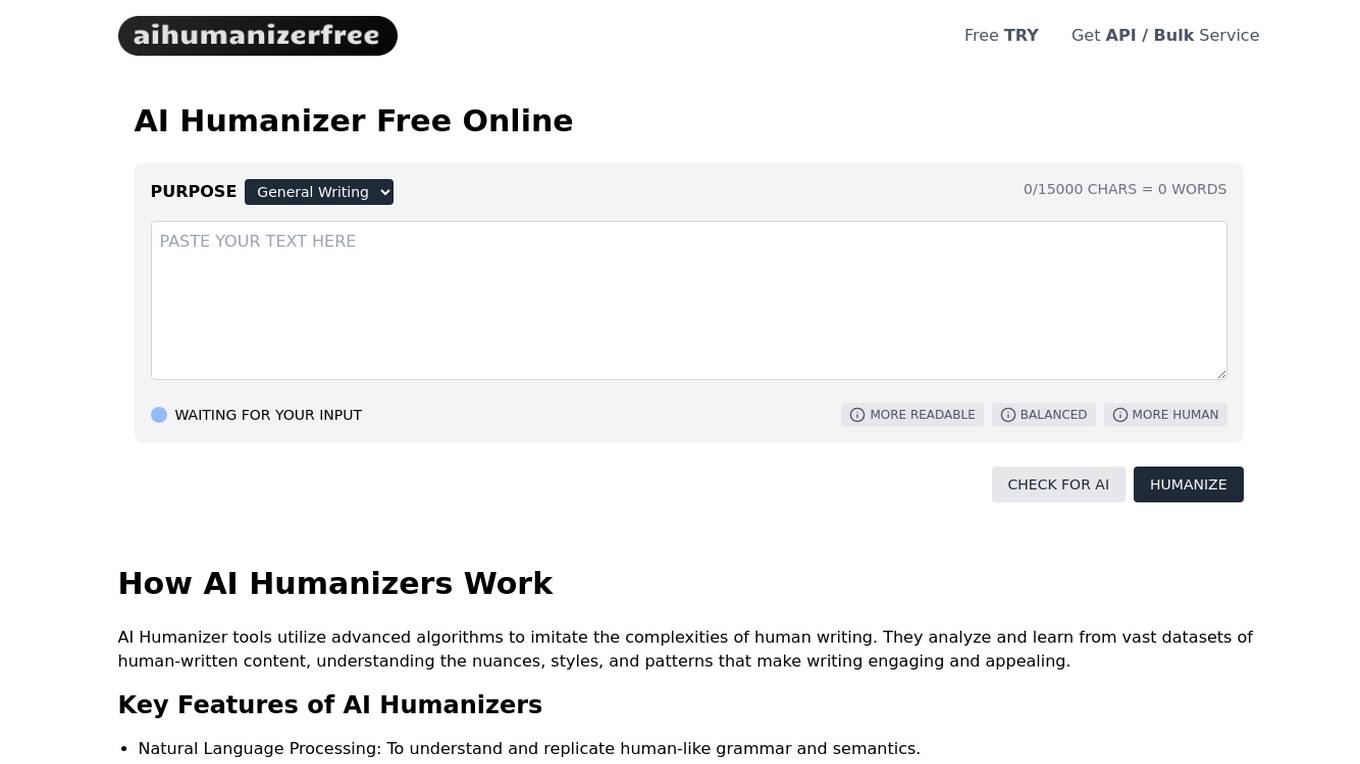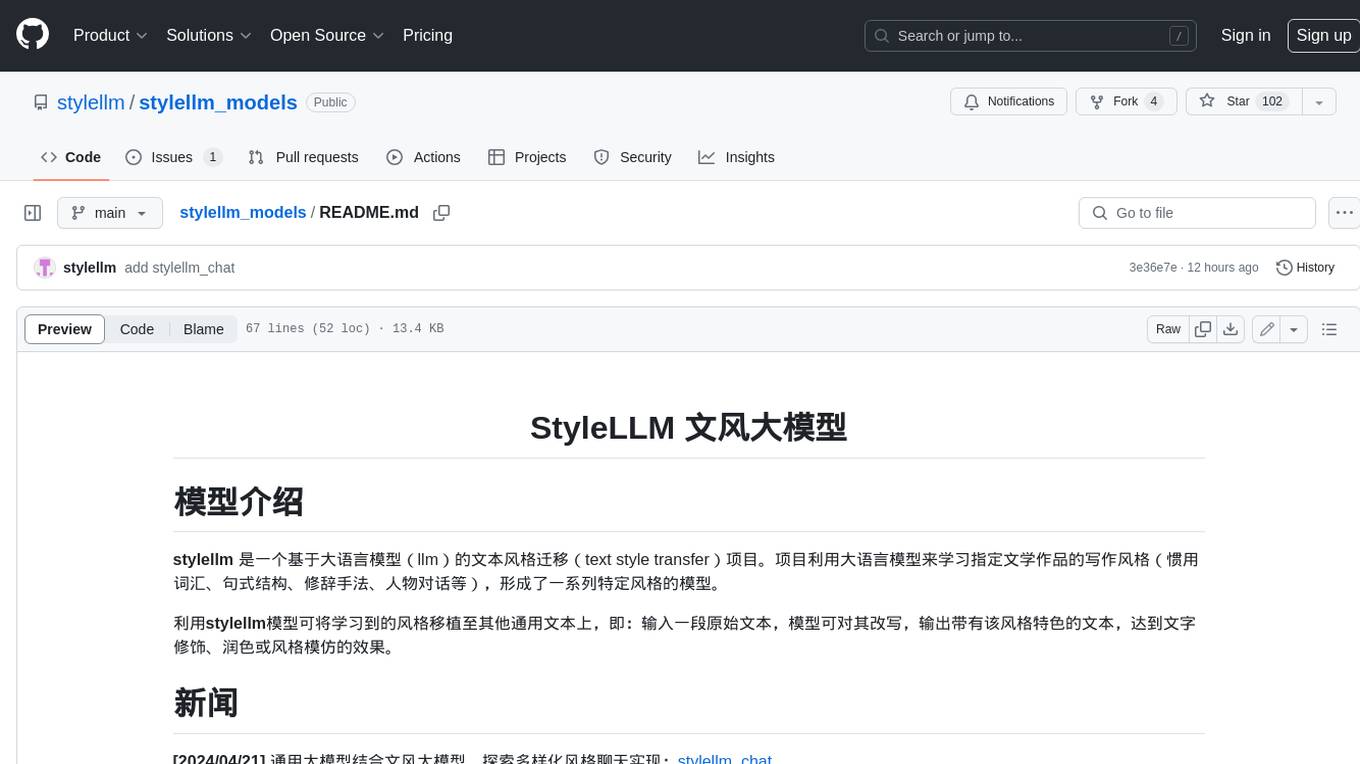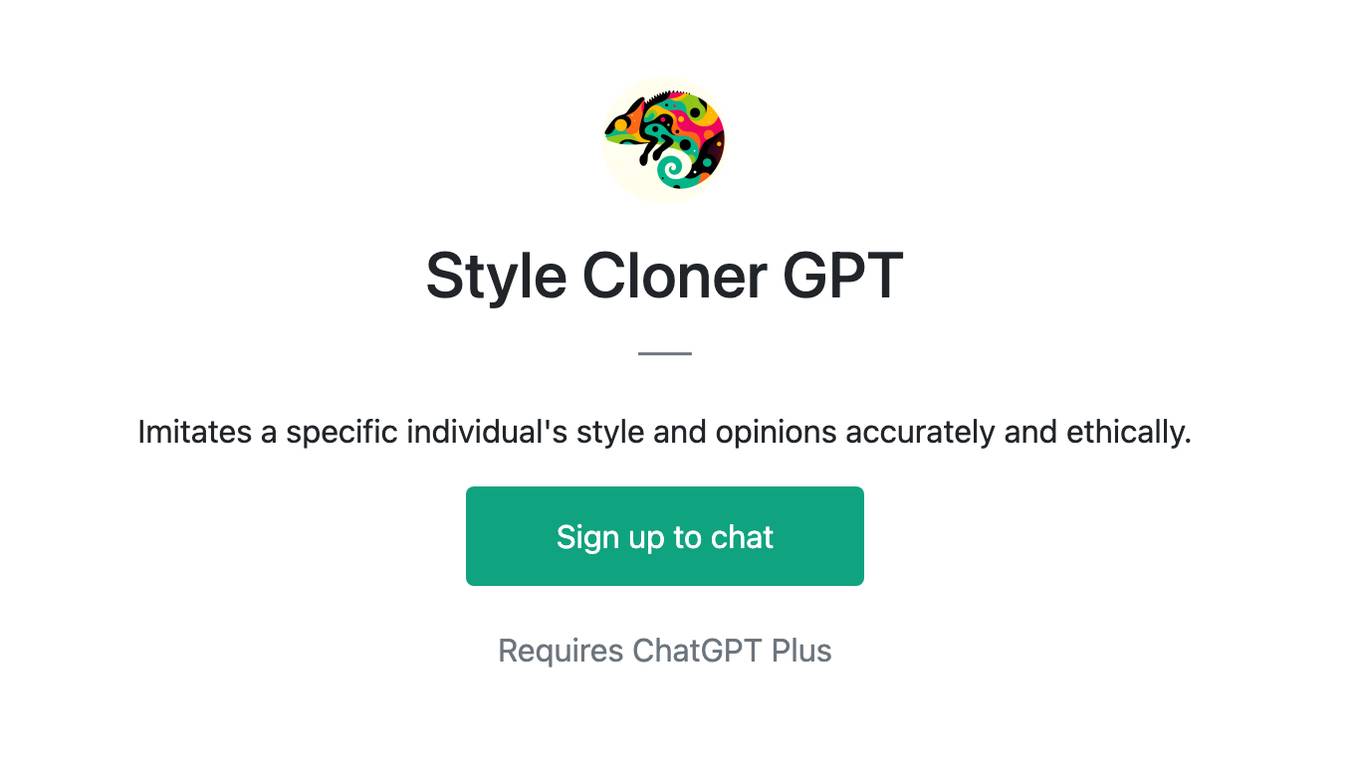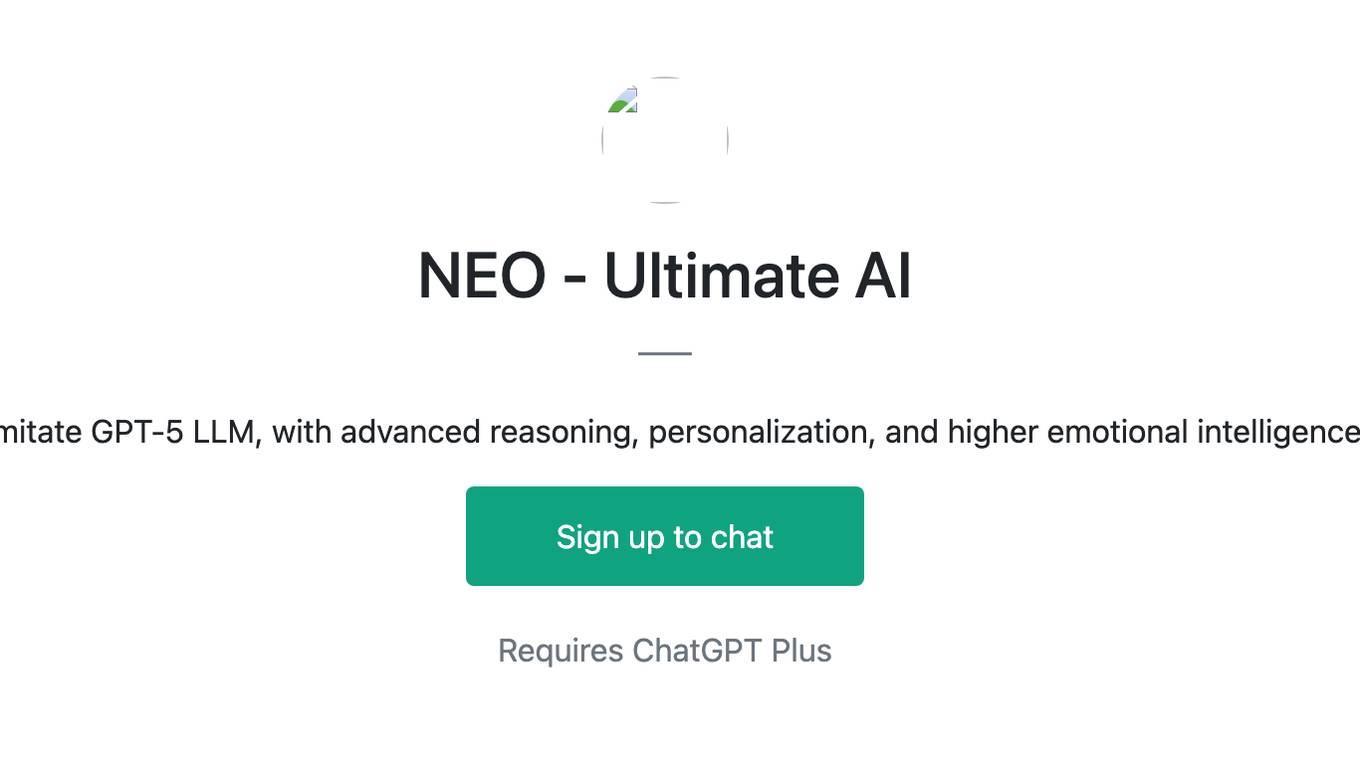Best AI tools for< Imitate Style >
1 - AI tool Sites

AI Humanizer
AI Humanizer is a free online tool that utilizes advanced algorithms to imitate human writing. It helps users convert AI-generated text into content that appears to be written by a human. The tool offers features like natural language processing, contextual understanding, SEO optimization, and plagiarism detection avoidance. It is beneficial for content creators, marketers, students, and businesses looking to enhance their writing and SEO performance.
1 - Open Source AI Tools

stylellm_models
**stylellm** is a text style transfer project based on large language models (llms). The project utilizes large language models to learn the writing style of specific literary works (commonly used vocabulary, sentence structure, rhetoric, character dialogue, etc.), forming a series of specific style models. Using the **stylellm** model, the learned style can be transferred to other general texts, that is: input a piece of original text, the model can rewrite it, output text with the characteristics of that style, achieving the effect of text modification,润色or style imitation.
4 - OpenAI Gpts

Style Cloner GPT
Imitates a specific individual's style and opinions accurately and ethically.

NEO - Ultimate AI
I imitate GPT-5 LLM, with advanced reasoning, personalization, and higher emotional intelligence

